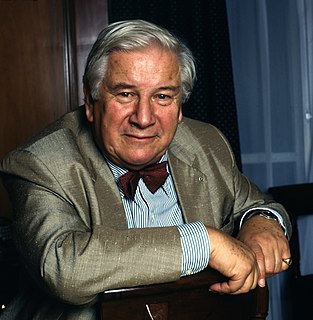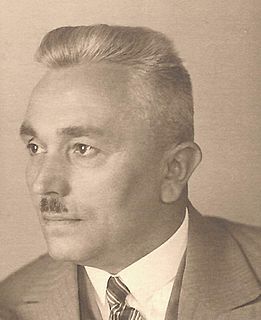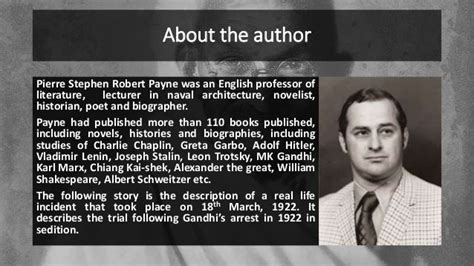A Quote by Bill Gates
The information highway will transform our culture as dramatically as Gutenberg's press did the Middle Ages.
Quote Topics
Related Quotes
A global society is coming into being, a global society that is made out of information that was not intended to be ours, but is ours, by the mistaken invention of computers and the printing press, information is power, and information has spilled by the clumsy hands of the dominator culture so that the information is everywhere, never before has the situation been so fluid, we might be able to finally have a crack at this
I recognize the need to provide the press - and, through you, the American people - with information to the fullest extent possible. In our democracy, the work of the Pentagon press corps is important, defending our freedom and way of life is what this conflict is about, and that certainly includes freedom of the press.
In western civilization, the period ruled by mysticism is known as the 'Dark Ages' and the 'Middle Ages'. I will assume that you know the nature of that period and the state of human existence in those ages. The Renaissance broke the rules of the mystics. "Renaissance" means the "rebirth". Few people today will care to remind you that it was a rebirth of reason - of man's mind.
The electronics industry expanded rapidly and the seeds for the semiconductor and software revolution were planted. The postwar period also saw the suburbanization of America, the rise of the homeowner, the build-out of the interstate highway system, and the rise of automobile culture. Credit availability expanded dramatically.
In the Middle Ages the king offered protection to his subjects in return for their loyalty, and the subjects were doubly protected, for the church also sheltered them. The need for shelter - for a father image that cares and will hopefully provide and give some meaning to human lives - remains as real as it was in the Middle Ages, but modern technocracy has no place for either the father or the church and provides no substitute.



































